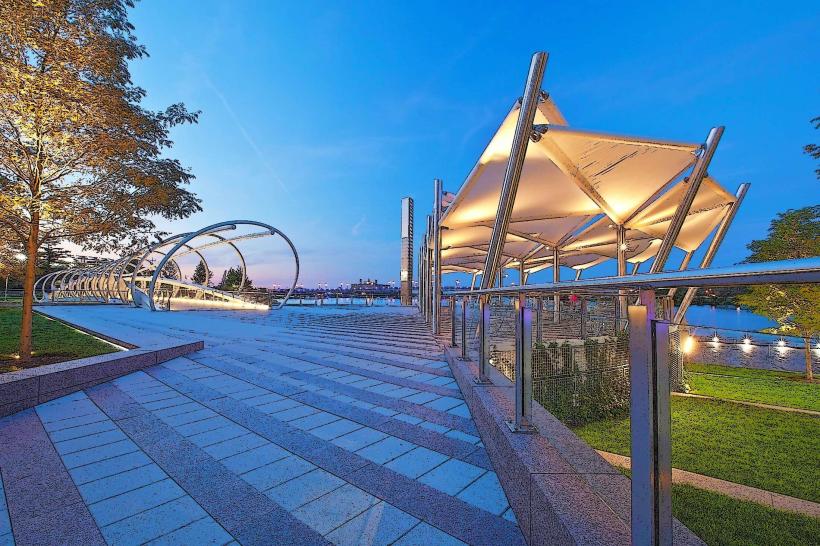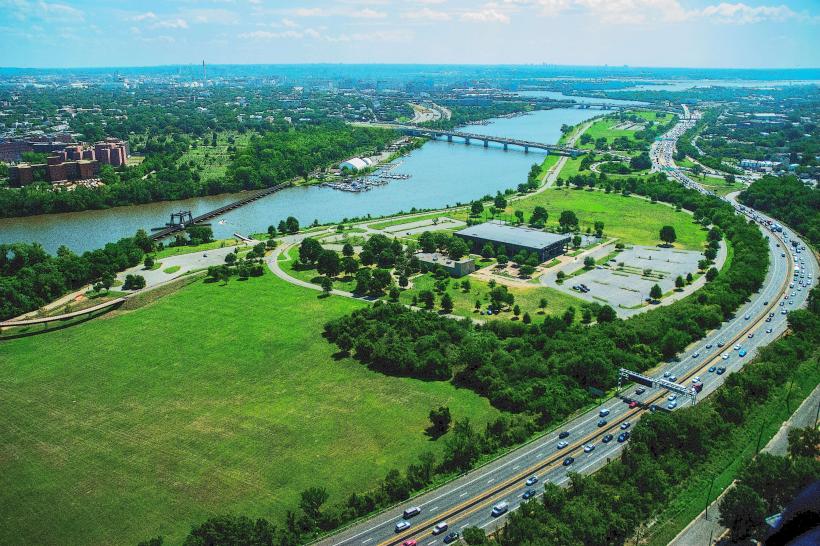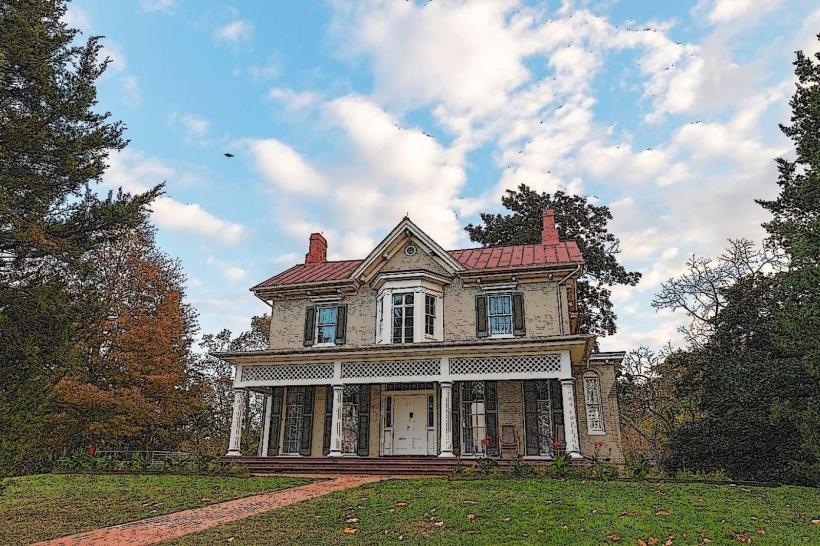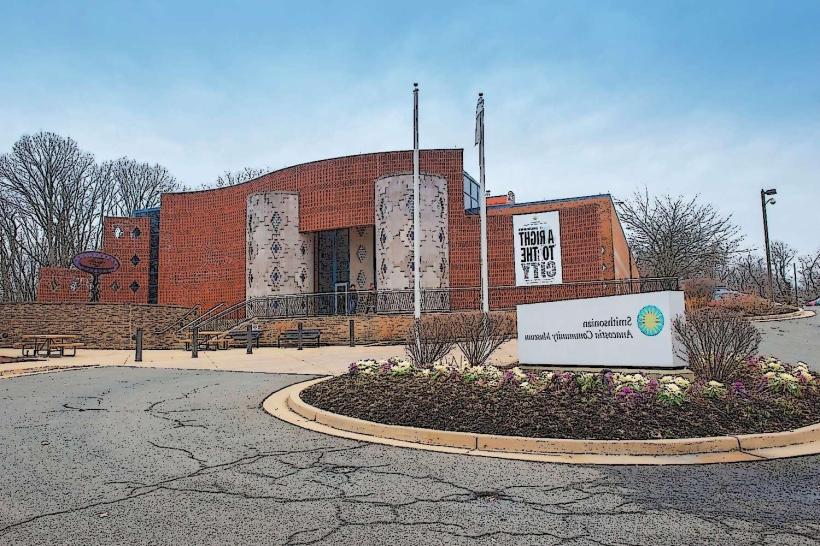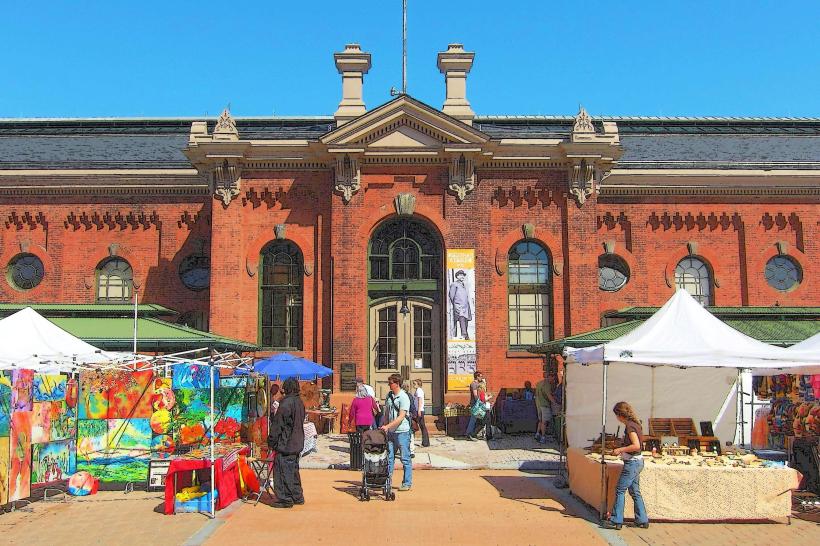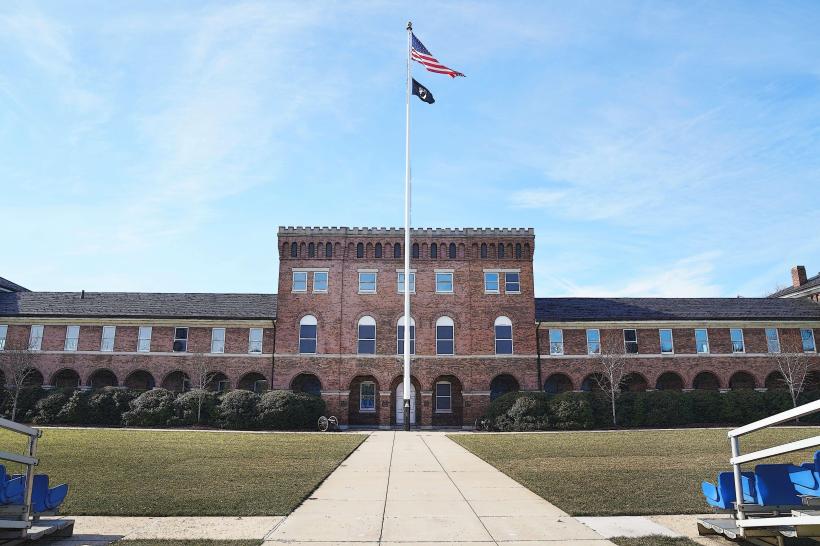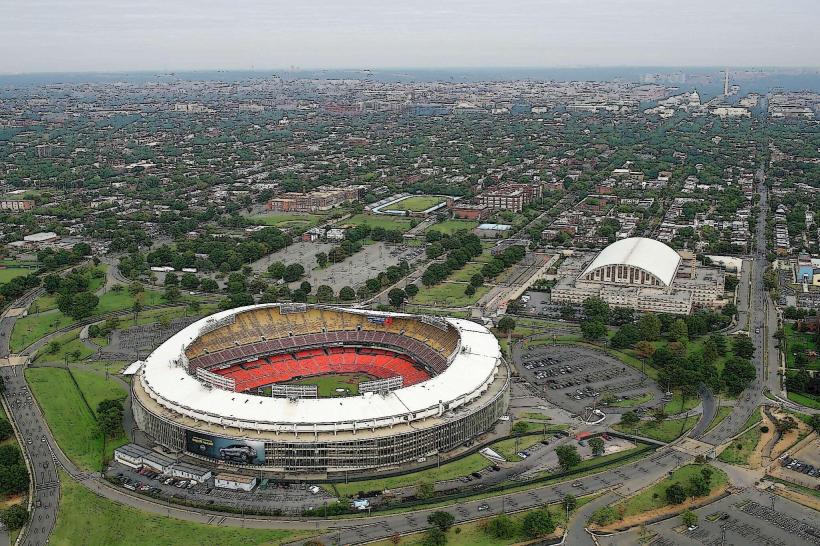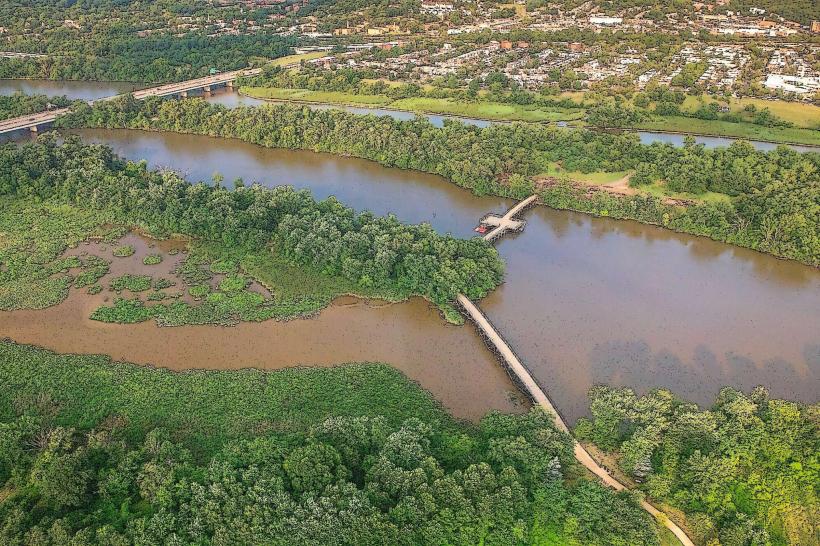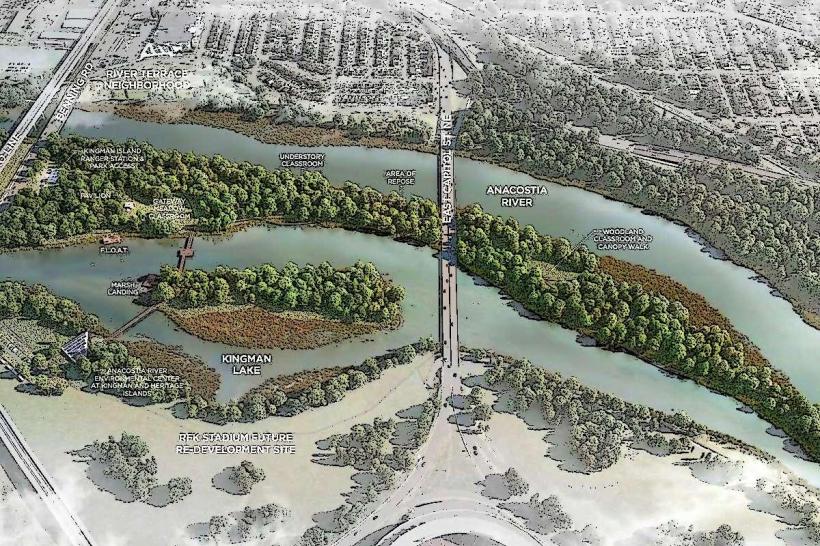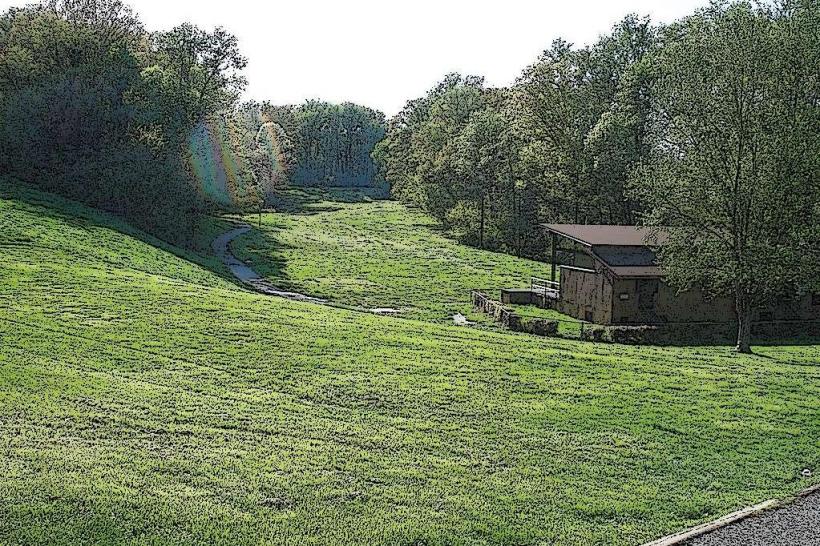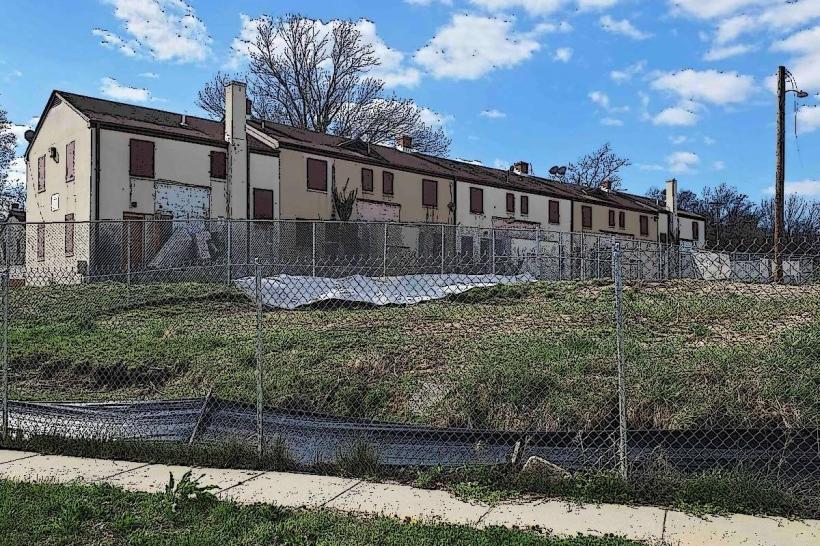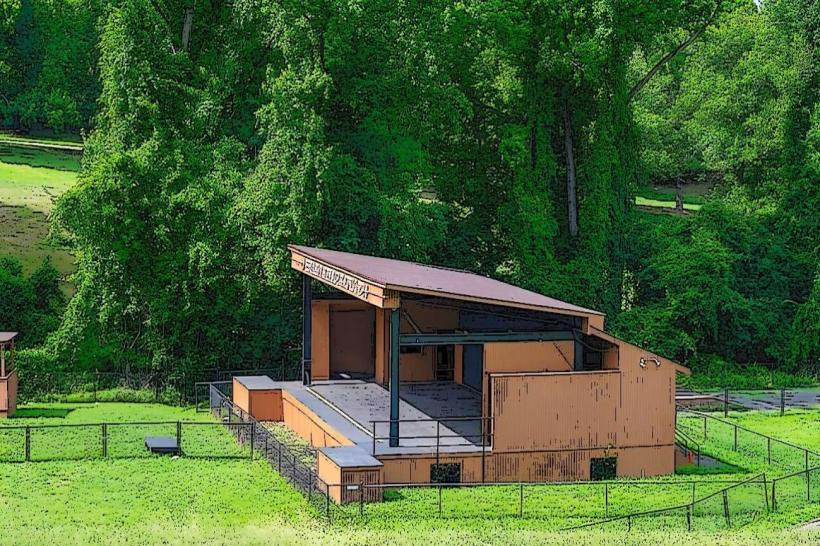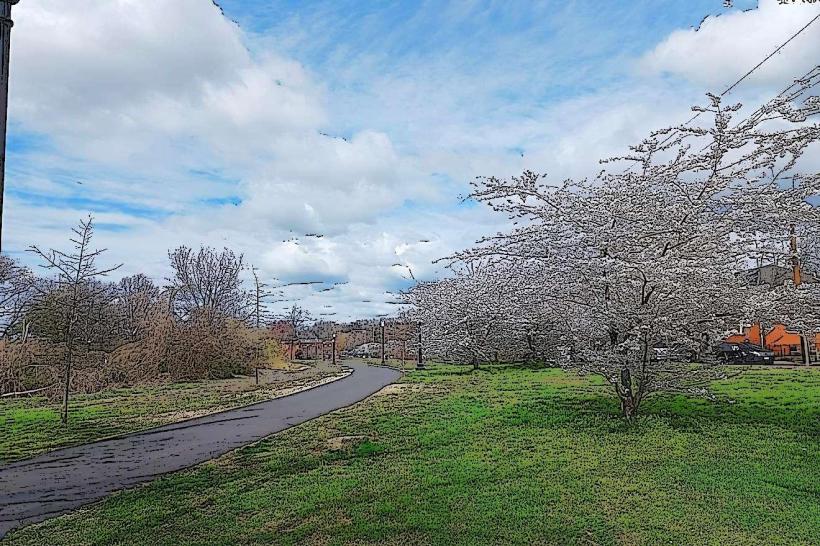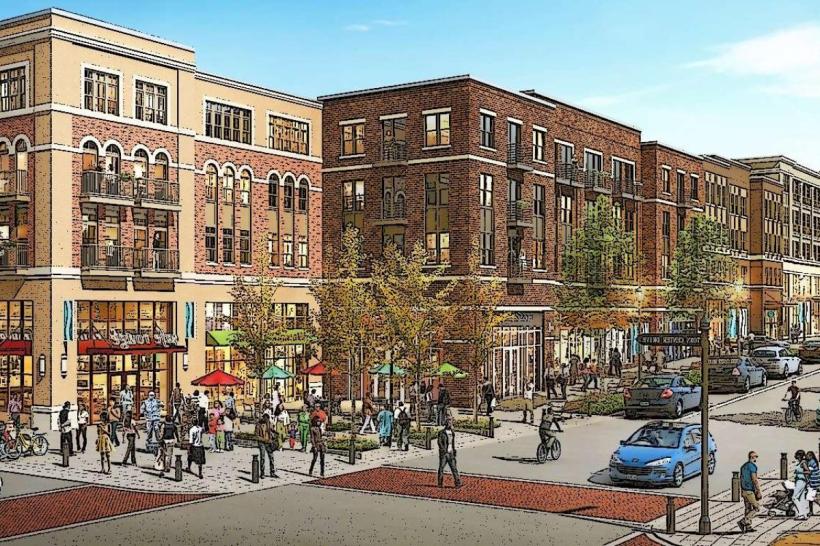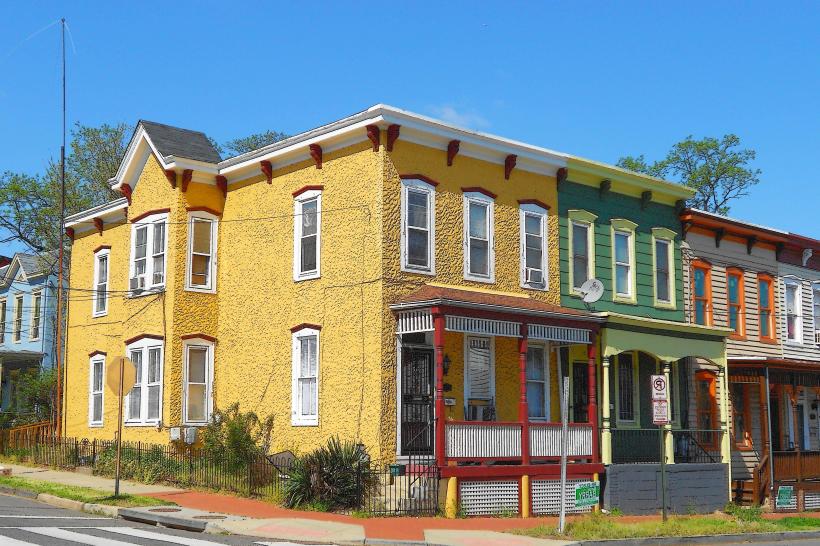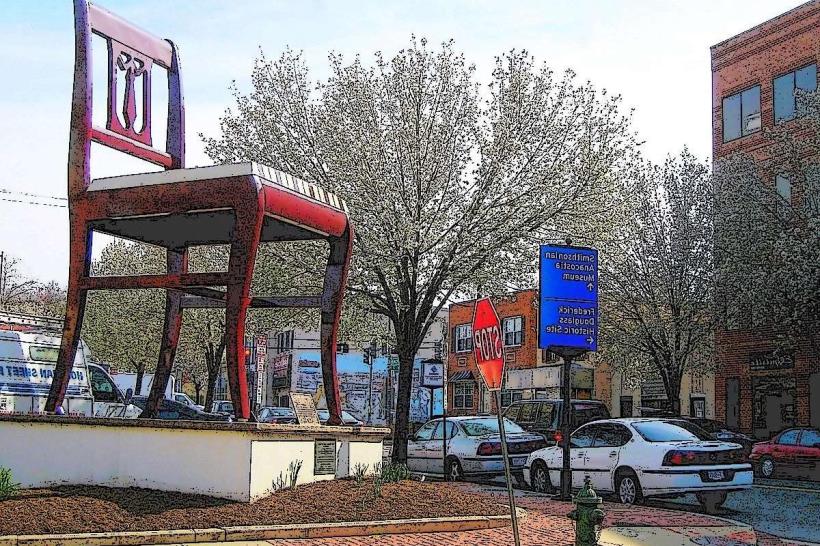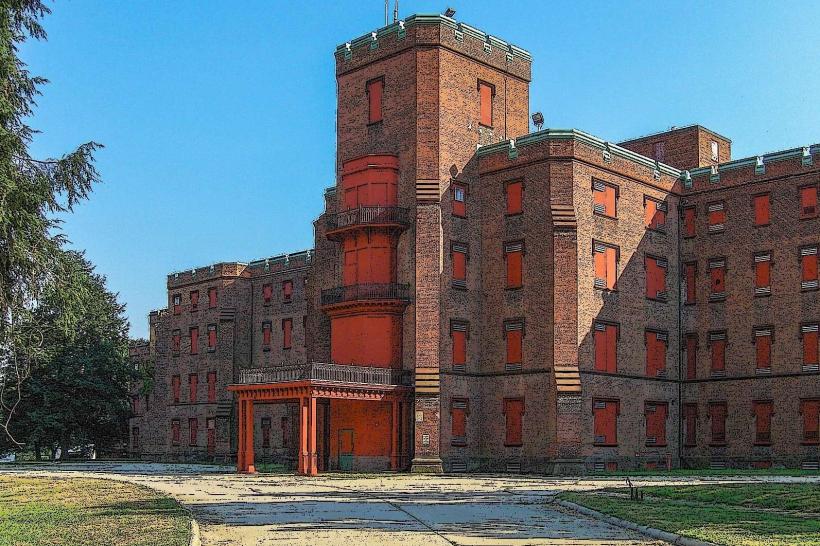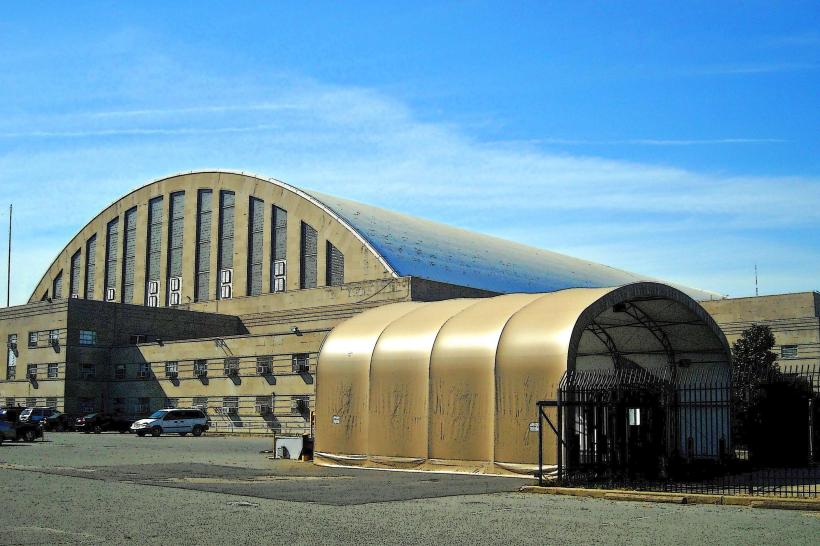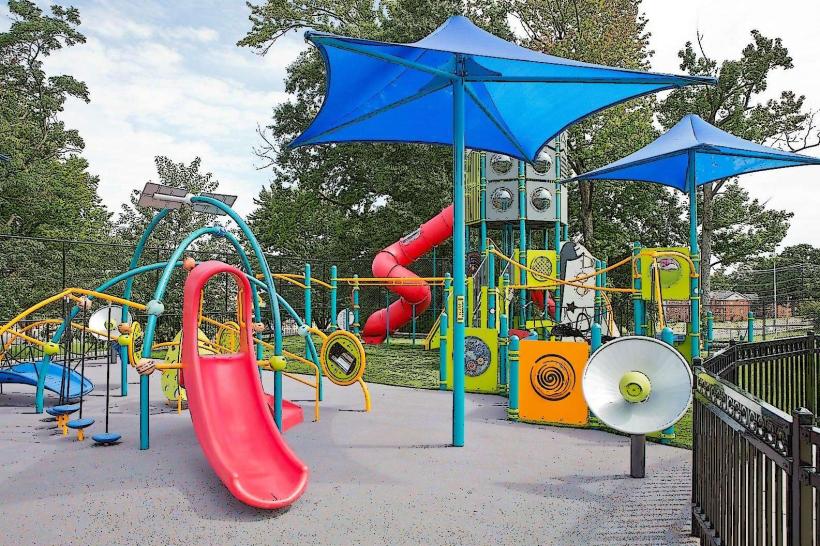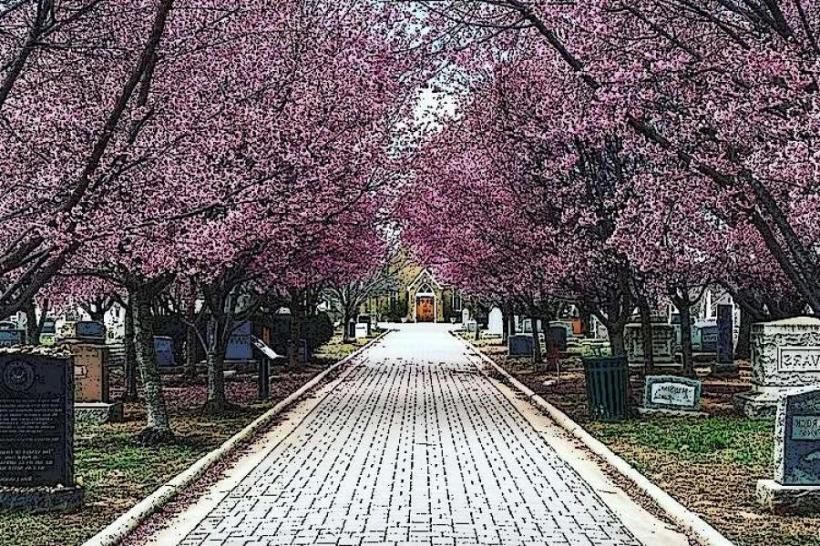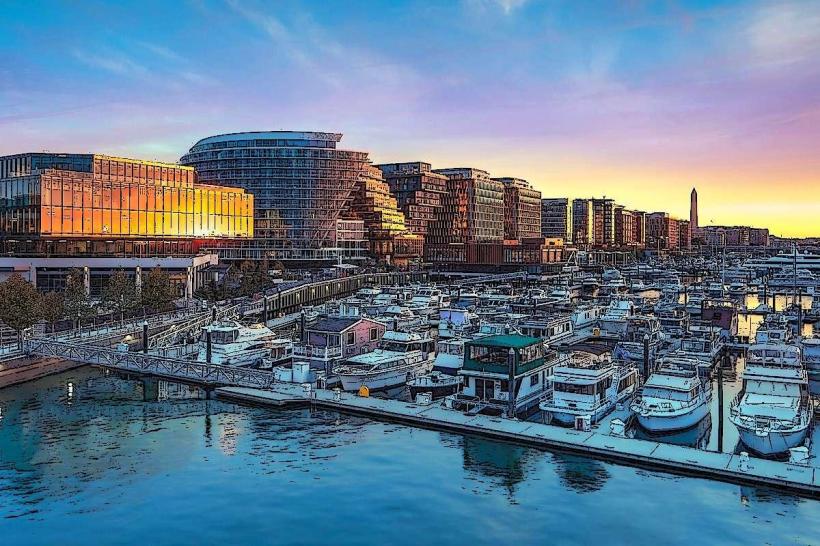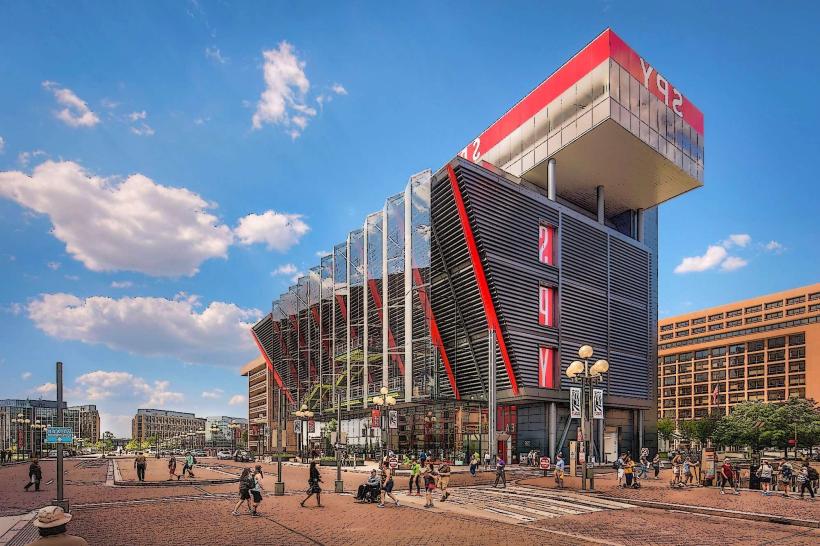Information
Landmark: Fort Stanton ParkCity: Southeast Washington
Country: USA Washington DC
Continent: North America
Fort Stanton Park, Southeast Washington, USA Washington DC, North America
Fort Stanton Park is a significant urban green space and historic site situated in Southeast Washington, D.C., covering approximately 67 acres. It serves as a vital natural refuge, community recreation area, and living memorial to the region’s Civil War heritage, making it an important asset for both environmental conservation and cultural preservation.
Historical Significance
The park is named after Fort Stanton, one of the many forts constructed during the American Civil War as part of the extensive defensive ring protecting Washington, D.C. Built in 1861 and named for then-Secretary of War Edwin M. Stanton, Fort Stanton was strategically positioned on high ground to defend the southeastern approaches to the capital. Alongside nearby Battery Ricketts, the fort housed a garrison of over 500 Union soldiers.
Although Fort Stanton never saw active combat, it played a critical role in the Union’s defensive strategy. The fort and its environs also became a haven for formerly enslaved African Americans fleeing bondage in neighboring Maryland, where they sought protection and employment within the Union army’s ranks. After the war, the military installations were abandoned and gradually reclaimed by nature. Today, remnants such as earthworks, trenches, and defensive ditches remain visible within the park, offering a tangible connection to the area’s wartime past and making the park a living history site.
Natural Environment and Ecology
Fort Stanton Park features a diverse array of natural landscapes, including mature woodlands, deep stream valleys, rocky outcrops, and wetlands. The park’s forested areas are dominated by towering tulip poplars, oaks, and other native hardwood species, creating a rich habitat that supports a variety of wildlife including deer, foxes, birds, amphibians, and insects.
The park’s ecosystems play a crucial ecological role by improving air and water quality, supporting biodiversity, and providing essential urban green space within a densely populated city. The presence of streams and wetlands within the park helps to manage stormwater runoff, mitigate flooding, and filter pollutants before they enter the Anacostia River watershed.
Fort Stanton Park includes one of Ward 8’s only designated hiking trails-the southernmost segment of the Fort Circle Hiker-Biker Trail. This trail weaves through the park’s woodlands and connects with other green spaces along the historical Civil War fortification line encircling the city.
Recreational Amenities and Community Use
Beyond its historical and environmental importance, Fort Stanton Park serves as a key recreational hub for residents of Ward 8 and the broader Southeast D.C. community. The park’s extensive open spaces and trails support a variety of outdoor activities such as hiking, jogging, birdwatching, and informal sports.
Adjacent to the park is the Fort Stanton Recreation Center, a community facility offering a wide range of programs and amenities designed to promote health, wellness, and social engagement. The recreation center includes:
An indoor gymnasium and fitness room
Computer labs and multi-purpose rooms for educational and cultural activities
Outdoor sports facilities including baseball fields and basketball courts
A community garden and outdoor tables for chess and checkers
Seasonal outdoor swimming pool
The center provides numerous classes and activities, including fitness programs like Zumba and yoga, as well as arts and crafts such as crocheting and dance. These offerings are integral to supporting community development and providing safe, accessible spaces for residents of all ages.
Environmental Challenges and Restoration Efforts
Fort Stanton Park has faced environmental challenges over the years, including illegal dumping, littering, and the encroachment of invasive plant species such as kudzu and Japanese knotweed. These issues threatened the park’s ecological integrity and diminished its appeal as a community resource.
Since 2018, the Ward 8 Woods Conservancy, a local nonprofit dedicated to preserving urban woodlands in Southeast D.C., has undertaken extensive restoration efforts in Fort Stanton Park. Volunteers and community members have removed over 50 tons of trash, cleared invasive vines from hundreds of trees, and worked to rehabilitate native vegetation. These restoration projects aim to revive the park’s natural beauty, protect wildlife habitats, and ensure that the park remains a sustainable green space for future generations.
Accessibility and Location
Fort Stanton Park is located at 1812 Erie Street SE in Southeast Washington, D.C. It is accessible via several public transportation options, including:
The Anacostia Metro Station (Green Line), approximately a 20–25 minute walk from the park
Multiple bus routes serving the area, including W2, W3, 32, and P18
For visitors with vehicles, the park provides parking near the recreation center and access points to the trails.
Summary
Fort Stanton Park stands as a multifaceted urban park that blends historical preservation, natural conservation, and community recreation. It offers residents and visitors a rich experience that includes exploring Civil War earthworks, hiking through mature forests, participating in recreational programs, and engaging in environmental stewardship. Its role as both a cultural landmark and a green refuge makes it an essential part of Washington, D.C.’s network of parks, especially for the underserved neighborhoods of Southeast D.C., contributing to the city’s quality of life, heritage awareness, and ecological resilience.


